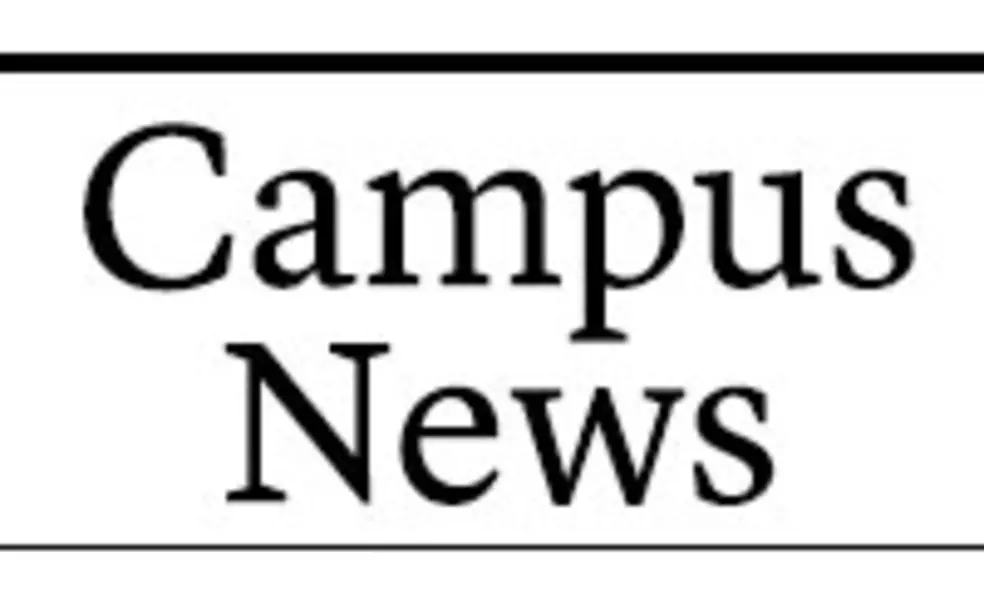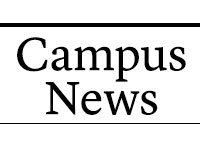Carroll explores evolution's pioneers
Molecular biologist and author Sean Carroll delivered the annual Louis Clark Vanuxem Lecture at the Friend Center Oct. 7, introducing some of the subjects covered in his new book, Remarkable Creatures: Epic Adventures in the Search for the Origins of Species. Carroll, a University of Wisconsin professor of molecular biology and genetics and an investigator with the Howard Hughes Medical Institute, explained that in his book, which chronicles the adventures of leading explorers of the natural sciences over the past 200 years, he wanted to celebrate those scientists who "walked where no others had walked, saw what no one else had seen, and thought what no one else had thought."
Carroll's talk centered around the life work of three famous figures -- Alfred Wallace, Henry Walter Bates, and of course, Charles Darwin -- and the overlap of their work to "uncover the origin of the species." He stressed the uncompromising efforts of each, not only when confronting the trials of arduous traveling expeditions to the Galapagos or up the Amazon, but also during a time when discoveries they were making completely diverged from creationist scientific discourses of the day. "Their discoveries really formed the first golden age of evolutionary biology," Carroll explained.
Carroll took the audience on what he called "a walk in the shoes of these pioneers, to see how the creatures they encountered led them to their respective insights." He made the case for why we are in "a second golden age in evolutionary science." "We are no longer restricted to just looking at new species," he said. "Now we can see the DNA record of evolution ... And as we mine that record, we share that same sense of wonder, discovery, and surprise as the pioneers."
"Even though now we don't have to cope with head hunters or malaria -- just peer review," he joked.
The talk was accompanied by video footage of natural phenomena and images of the explorers. Capturing the spirit in which Carroll presented these heroes of science, the opening sequence began with the words of Edwin Powell Hubble: "Equipped with his five senses, man explores the universe around him and calls the adventure Science." With the 150th anniversary of the publication of Darwin's Origin of the Species coming this November, Carroll underscored Darwin's adventurous approach to science and the legacy he has left us.













No responses yet